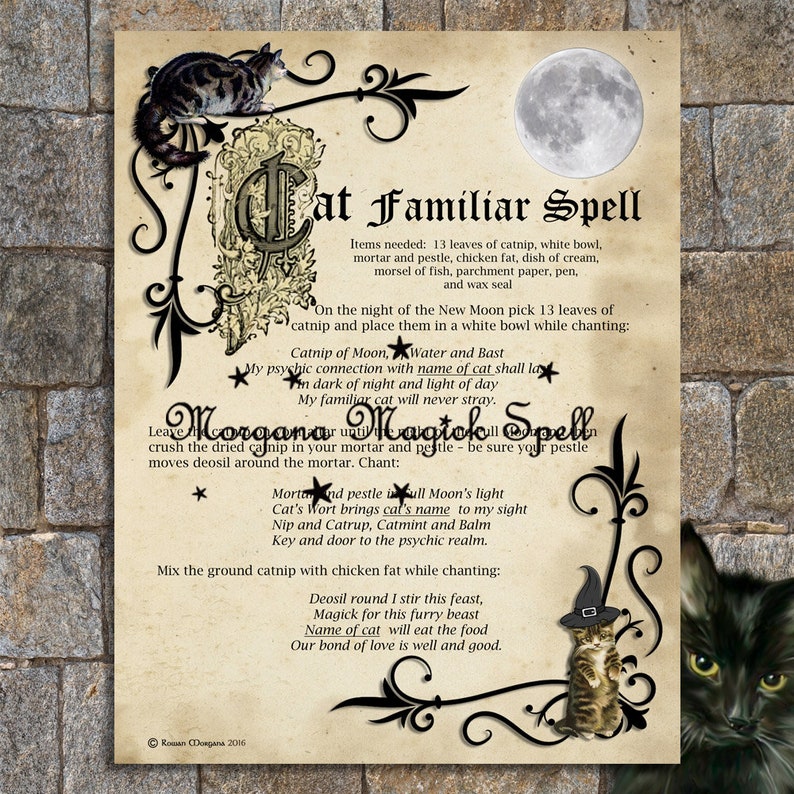

And the internet is allowing more people to influence spelling than ever before. Dictionaries – eventually – reflect popular choices. Encyclopedias make different choices over foreign names – Tutankhamen, Tutankhamun, Tut'ankhamun 15% of words in our dictionaries have alternative spellings.Īnd we ain't seen nothin' yet. And publishing houses (and newspapers) vary over such words as realize and realise, judgment and judgement, flower pot, flower-pot and flowerpot. Today, there are many differences between British and American English. The big dictionaries of later years, such as Johnson's and Webster's, did their best to standardise spelling, but with only limited success.

In trying to simplify the system, the reformers ended up complicating it. You might think such an arcane idea would never catch on, but it did – along with the b in subtle, the l in salmon and the p in receipt, and many more. The word was debitum in Latin, so they recommended a silent b. If the word meaning "money owed" appeared in such varied ways as det, dett or deytt, people obviously needed help, and this would come from the word's history. There was still a great deal of variation, though, so in the 16th century spelling reformers came up with their Big Idea: etymology. That's the great mystery of English spelling: why some spellings have appealed and others haven't. They put it into goose too – ghoose – but it didn't catch on. William Caxton's Flemish typesetters didn't know English well, so spelled some words in a Flemish way. But whose standard? That of widely-read authors such as Chaucer? The emerging civil service? The English translations of the Bible? The printers? The modern system emerged out of all of them.Įach new factor brought idiosyncrasies as well as order. As government became more centralised, the need to develop a standard system became urgent. More than 60 spellings of night are known from the middle ages – nite, nyght, nicht, nihte … Things couldn't carry on like that. Medieval scribes continued to spell words as they were pronounced, but as English had many regional accents, the result was a huge amount of variation. Out went some of the old forms and in came new ones. Then the French arrived, with their own ideas.


 0 kommentar(er)
0 kommentar(er)
